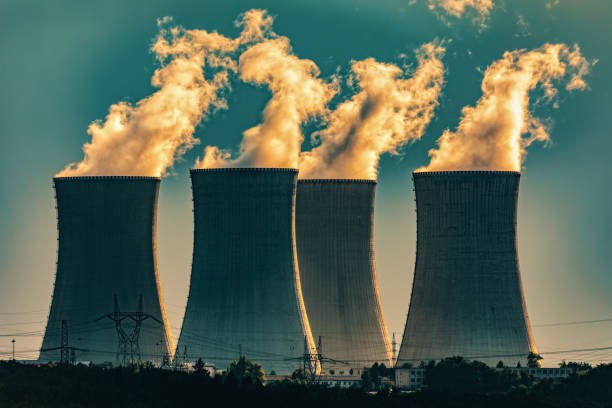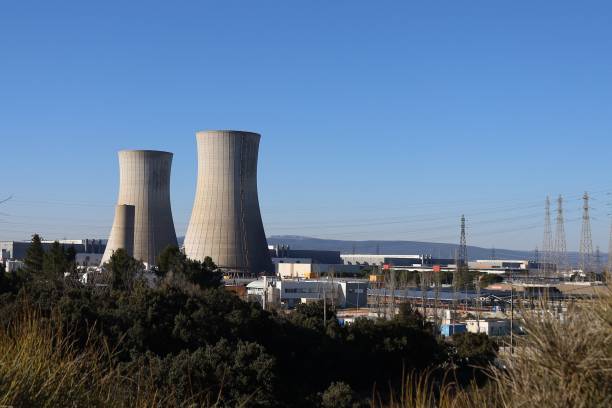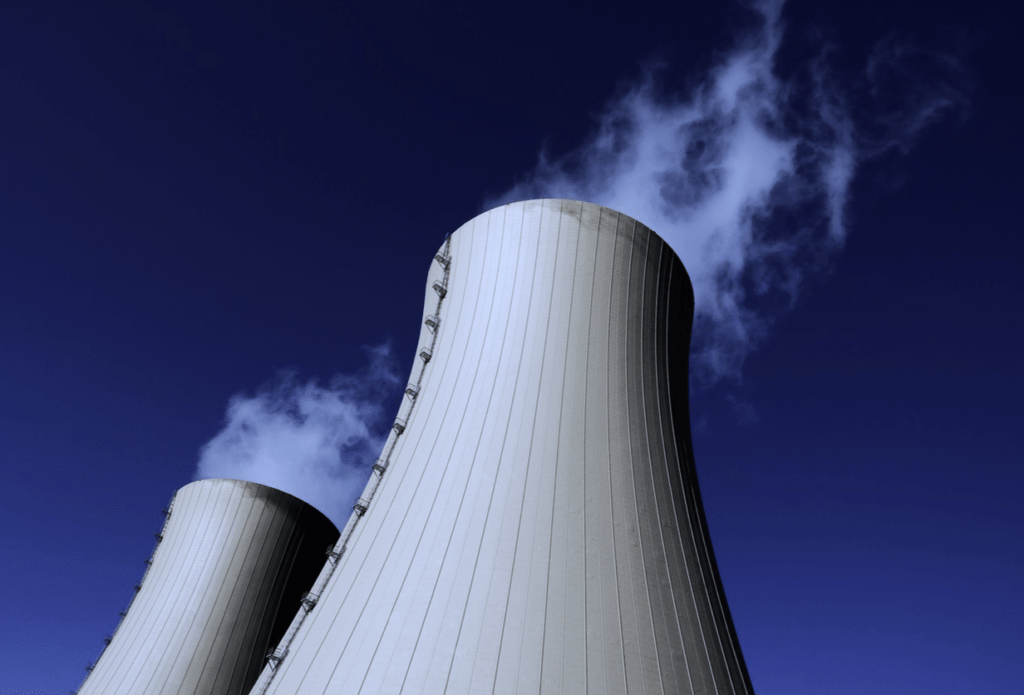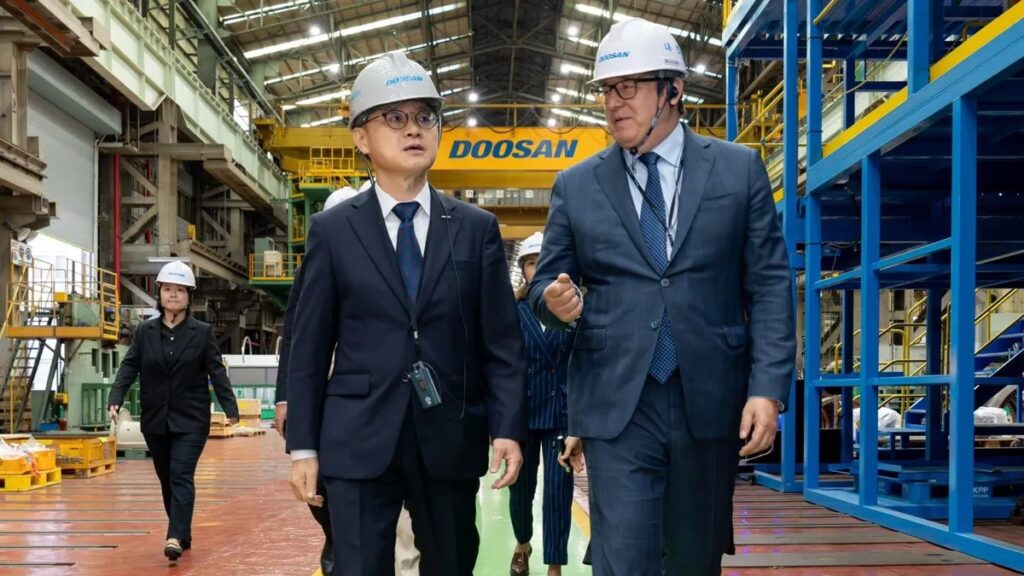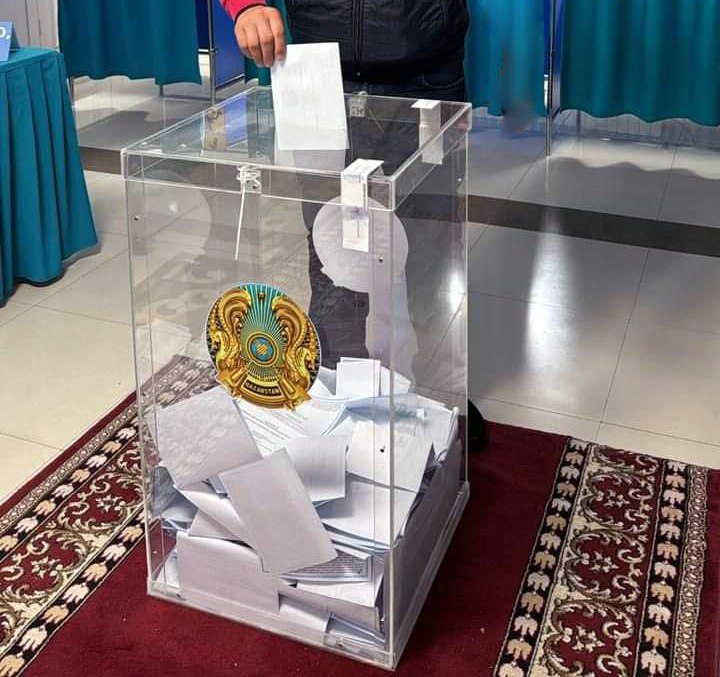Kazakhstan to Train Workforce for Future Nuclear Power Plants
Kazakhstan’s first nuclear power plant (NPP) is expected to create permanent employment for approximately 2,000 people, with an additional 10,000 workers involved during its construction. This announcement was made by Energy Minister Almasadam Satkaliyev during a recent government meeting. The country plans to commission its first NPP by 2035. A shortlist of potential builders includes four international companies: China’s CNNC, Russia’s Rosatom, South Korea’s KHNP, and France’s EDF. Authorities have also suggested the possibility of forming a consortium involving multiple countries to leverage diverse technological solutions. Alongside these efforts, Kazakhstan intends to independently train the specialists required for NPP operations. Minister Satkaliyev highlighted plans to establish specialized training programs in domestic colleges to develop skills for roles such as dosimetrists, steam turbine equipment mechanics, nuclear power plant maintenance and repair specialists, and IT specialists for nuclear facilities. Practical training will be conducted at the National Nuclear Center and the Institute of Nuclear Physics. “By 2030, the NPP construction project will create around 5,000 jobs, peaking at approximately 10,000 jobs in 2032. Once operational, the first plant will provide at least 2,000 permanent positions,” Satkaliyev stated. As previously reported by The Times of Central Asia, Kazakhstan is accelerating the construction timeline for the NPP, located in the Almaty region, and plans to select a contractor in the first half of this year. During the government meeting, which coincided with the “Year of Working Professions” initiative, Satkaliyev also addressed the broader labor demand in Kazakhstan’s energy sector. The industry is expected to require over 16,000 additional workers, including power engineers, welders, fitters, gas cutters, and electricians, by 2030. The country’s energy sector currently employs 303,000 people across 1,600 enterprises, with 99 new projects planned over the next five years. To attract and retain talent, the Ministry of Energy aims to achieve an annual 15% wage increase for production personnel in energy-producing companies. Meanwhile, Talgat Yergaliyev, Chairman of the Union of Builders of Kazakhstan (UBC), has called for simplifying the hiring process for foreign labor to address workforce shortages in Kazakhstan’s construction sector.

